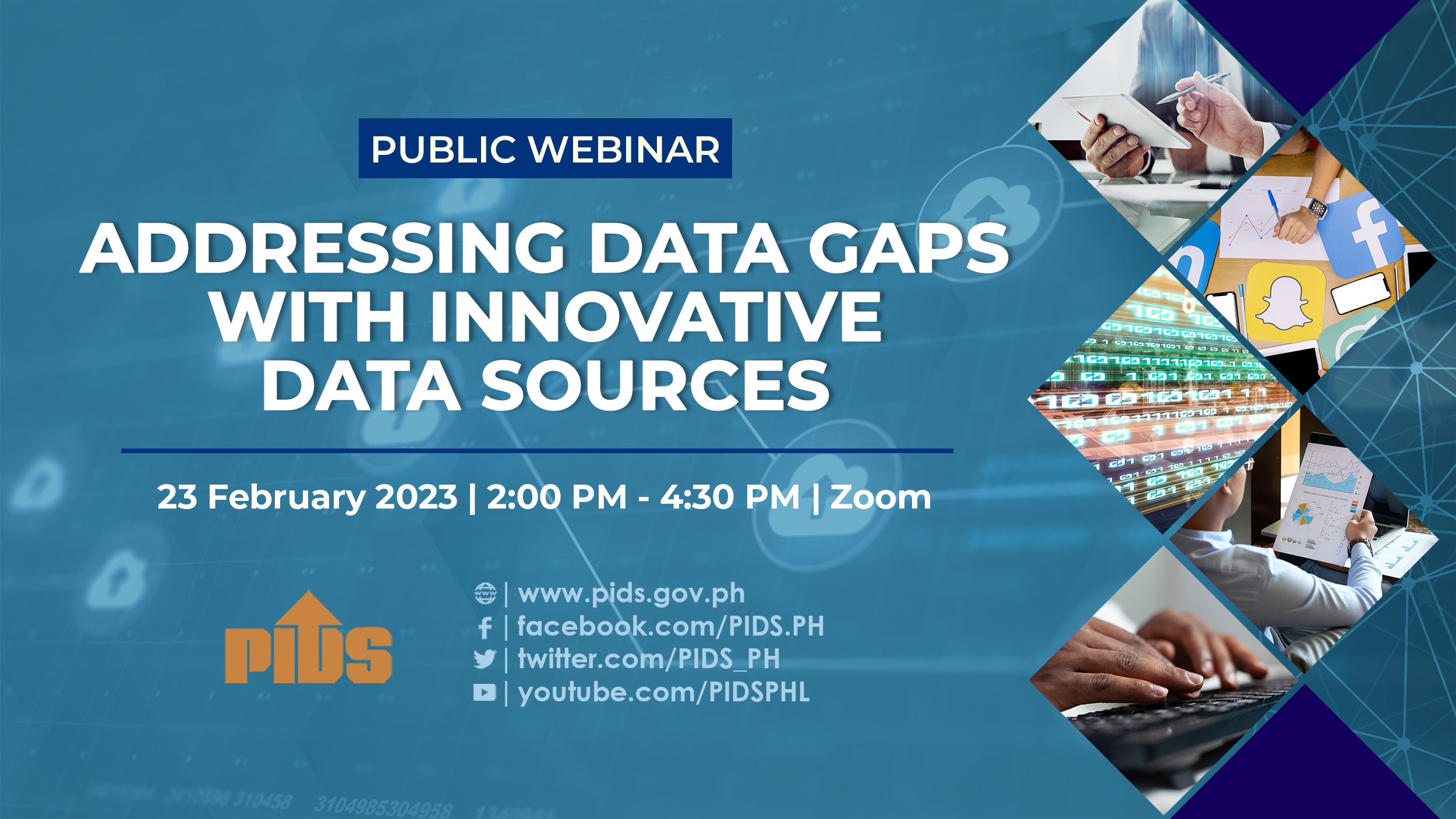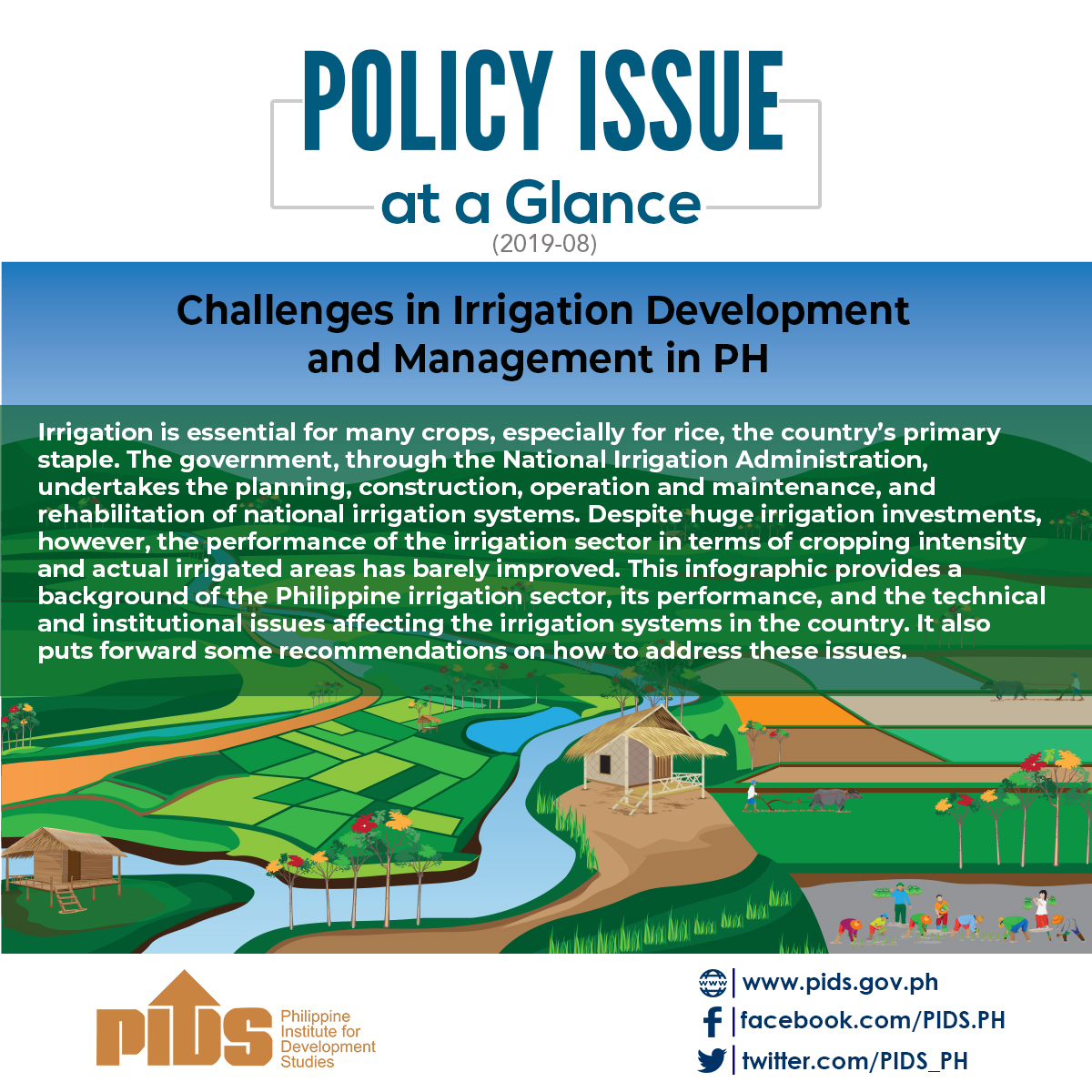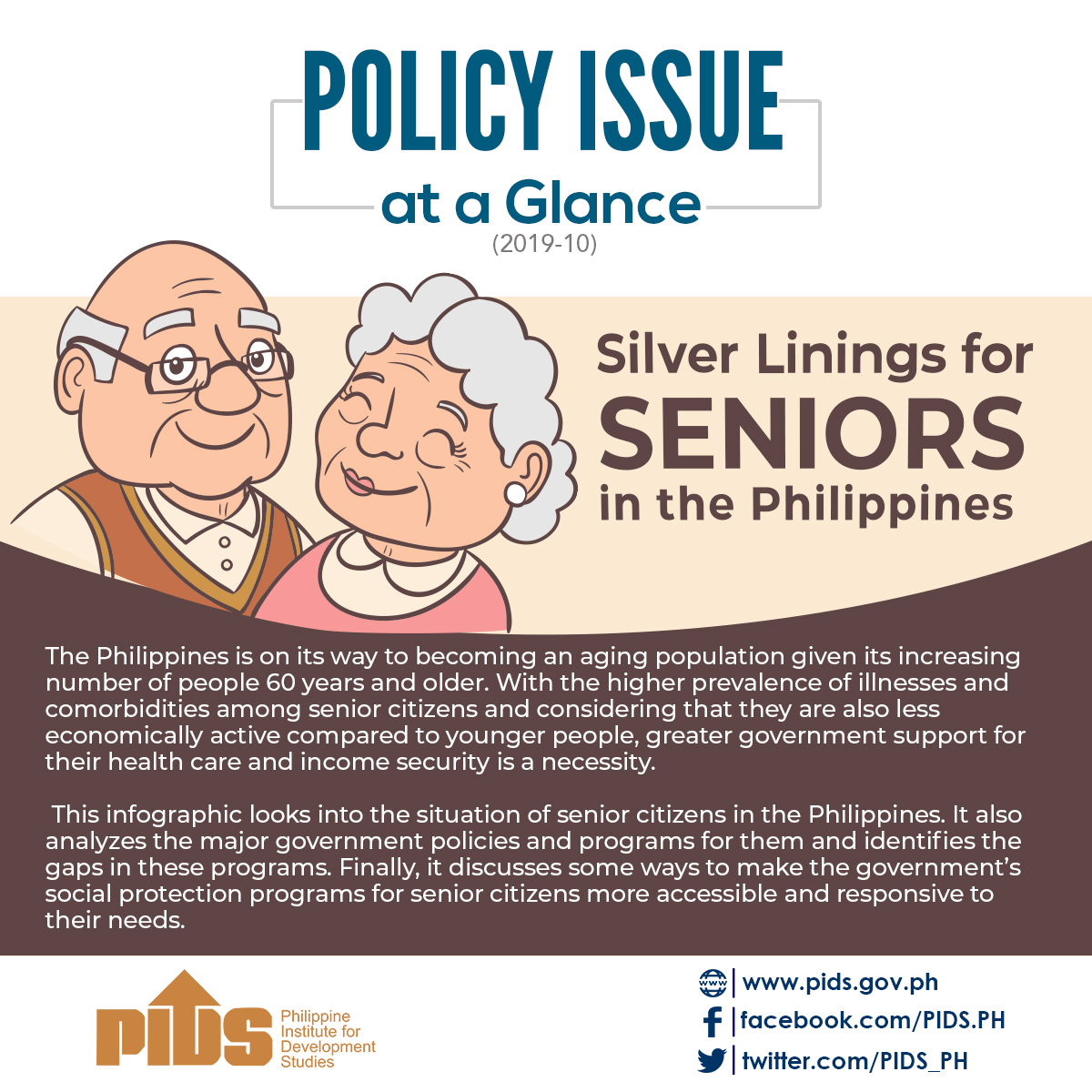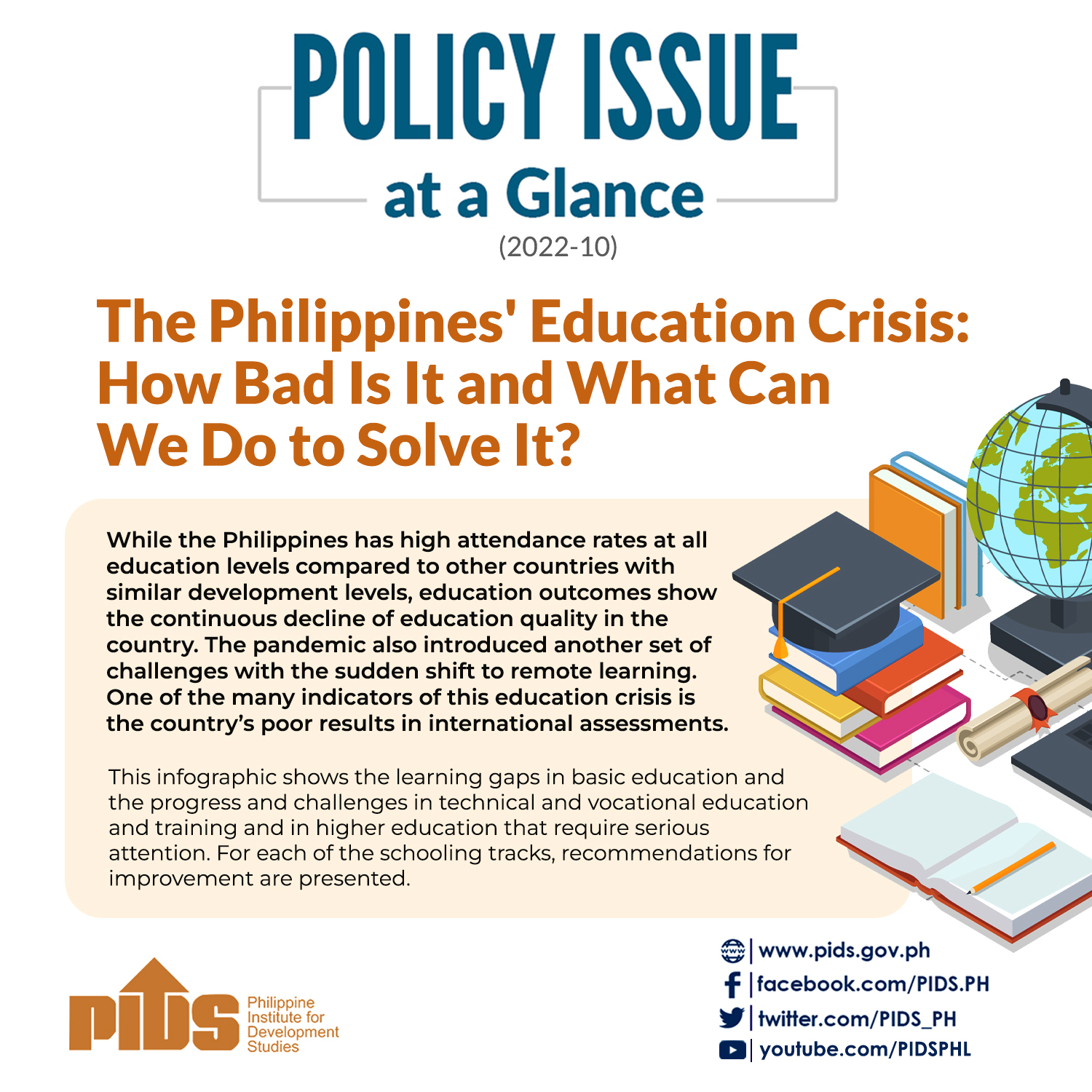The country’s foremost think tank urged the Department of Education (DepEd) to stop the “bad practice” of mass promotion among learners as this has strong implications on the quality of education as well as on the workload of public school teachers.
The Philippine Institute of Development Studies (PIDS), which is also a globally recognized policy research organization, released a Policy Note early this year which revisited the “chronically overworked state of public school teachers in the Philippines.”
Stop Promoting Non-Readers
In particular, the study highlighted that “dropout rate” is a “faulty” metric of teacher performance – noting that this is caused by the “absence of other clearer student performance-based measure.”
The study noted that the unofficial “mass promotion” becomes a “resulting behavior” to the teachers’ attempt to achieve zero dropout rates – as strongly promoted by the DepEd – and better performance evaluation wherein “even students who failed exams or skipped half of the year’s school days can get promoted.” As a result, some of these students “will end up in seventh grade without knowing how to read for comprehension.”
“Interviews with teachers and principals revealed their common belief that mass promotion is a bad practice that should be stopped,” PIDS said. “While striking the correct balance between ensuring completion and securing good quality education is not easy, there must be bright lines that cannot be crossed along the way,” it added.
Overall, PIDS noted that “sending non-readers to high school should be actively discouraged” while those elementary schools that “allow this require close monitoring and supervision.” The think tank stressed that “even without sanctions, the signaling from DepEd that such action is poor practice needs to be stronger.”
Focus on Teaching
The same study also pointed out that the “workload of public school teachers is not only limited to teaching but also to other nonteaching tasks.” Given this workload, PIDS said that “actual teaching is increasingly being sidelined by the multitude of other responsibilities and roles that teachers play.”
Under the Magna Carta for Public School Teachers, every public school teacher has a regular full-time teaching load and is “mandated to devote” a maximum of six hours of actual classroom instruction a day. However, the PIDS study revealed that in reality, teachers have “several additional administrative or student support roles” which means that the teachers who do administrative work is a “situation that while hidden from view of the normal metrics can erode teaching quality.”
“If teachers are to be followed, they want to focus on teaching and have more time to speak with students, give guidance, and apply what they learned about differentiated teaching,” PIDS said.
“Teachers fully realize what is needed, that is, to spend more time with students and innovate on classroom instruction, and to provide more focused individualized attention to students,” it added.
Given these findings, PIDS urged the government to “address human resource distribution” at the DepEd and strongly recommended the “conduct of evidence-based studies in reducing teacher workload” and rationalize teacher trainings.
“A more specific breakdown of the exact workload of a regular teacher, the sources of work, and the amount of time left for student contact and actual teaching will allow DepEd to pinpoint the sources of the pressures [for public school teachers],” PIDS ended.












